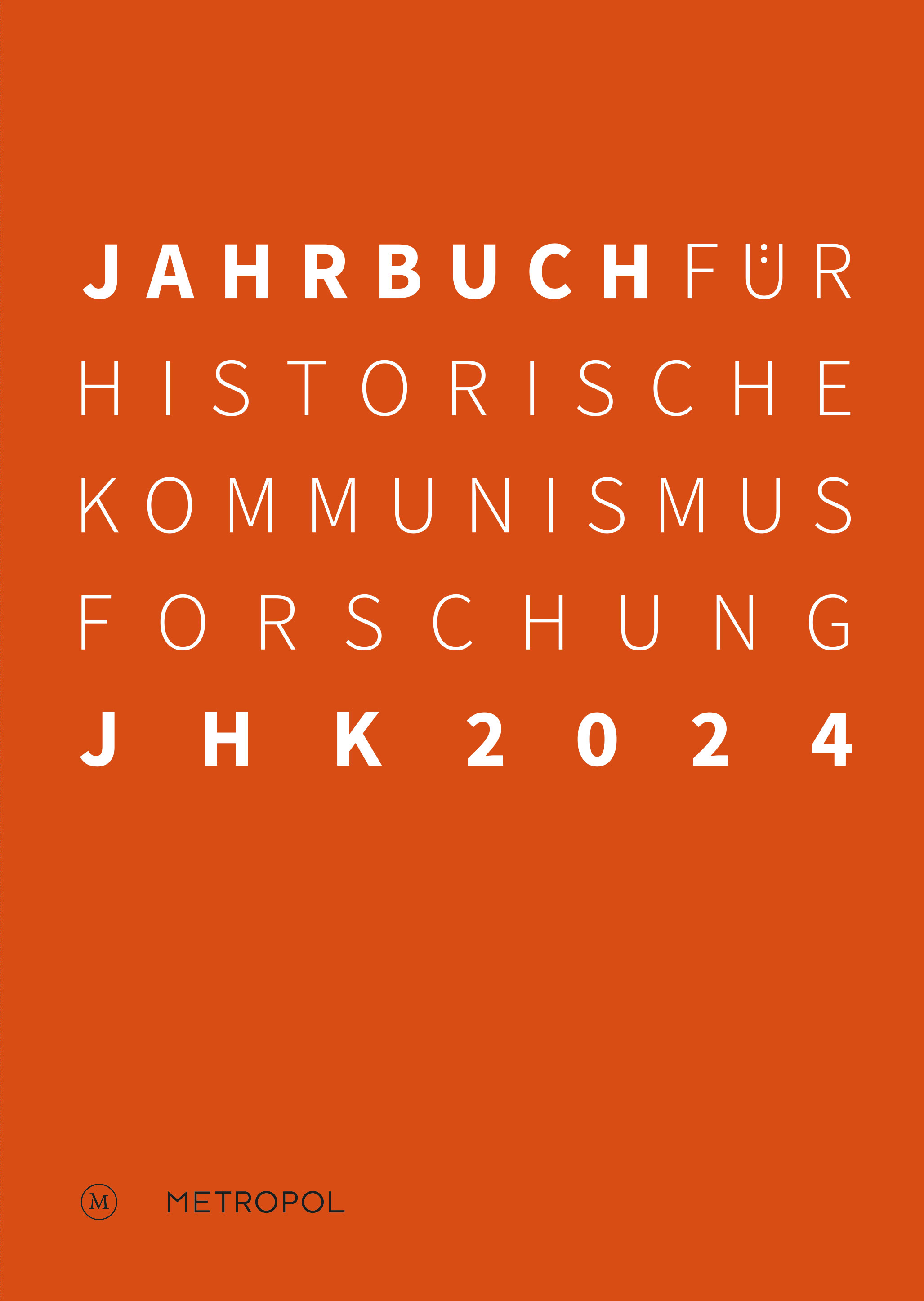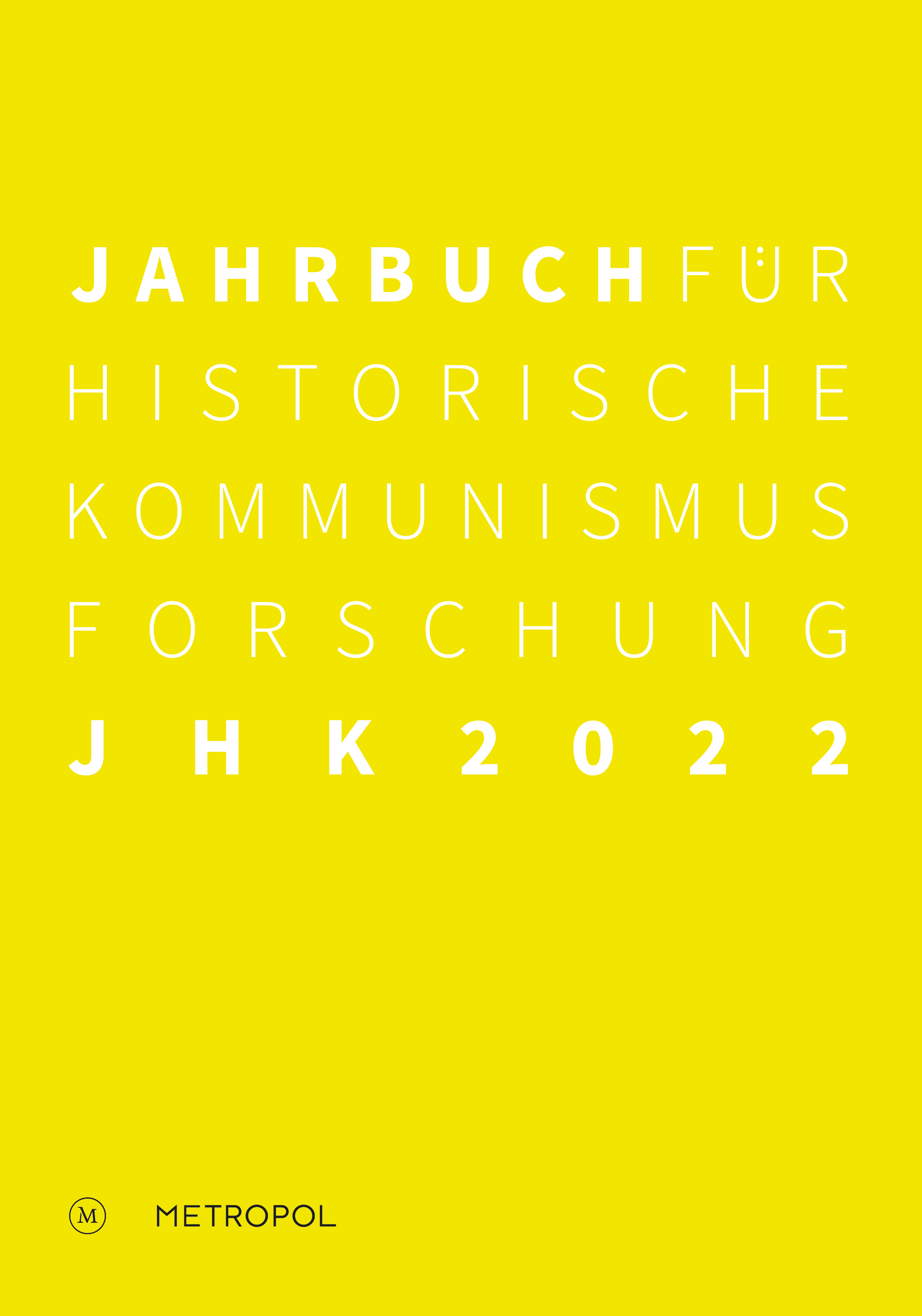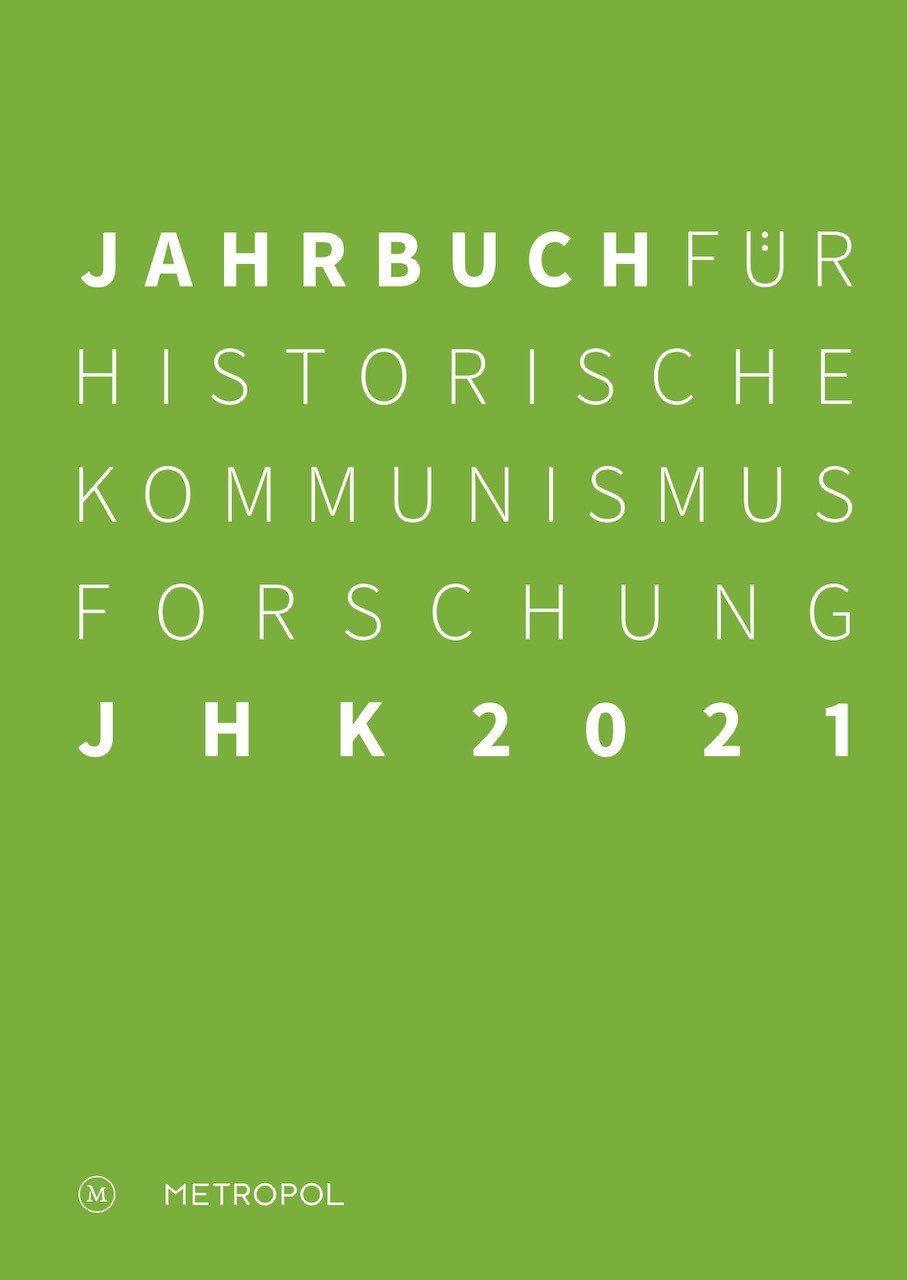Sabine Stach: Skat in der DDR. Zwischen Glücksspiel, Sport und deutscher Einheit, in: Jahrbuch für Historische Kommunismusforschung 2021. Berlin: Metropol Verlag, pp. 135-156.
Abstract
The three-player card game known as Skat developed in the 19th century from other card games and is considered the »German national game«. Already in the German Empire an active community of players developed around the game, which was mainly played by men. The division of Germany after the Second World War meant that Skat players in the GDR had to adapt to the new social reality. This essay deals with the institutional, ideological, and political considerations that affected the game. On the one hand, public Skat competitions were officially promoted, and the heritage of the »Skat city« of Altenburg was appropriated as a German lieu de mémoire. The nationwide tournaments attracted thousands of participants; the prestige of the »Skat Court« (Skatgericht) reached far beyond the borders of the state. On the other hand, even the popularity of collective competitions could not dispel the moral doubts about Skat, which had a reputation as a form of gambling and a pretext for drinking. As such, Skat was hardly suitable for the Communist regime’s declared goal of creating a New Communist Person.
Über die Autorin
Sabine Stach, Dr. phil., geb. 1982. Wissenschaftliche Mitarbeiterin am Leibniz-Institut für Geschichte und Kultur des östlichen Europa (Abteilung »Kultur und Imagination«). 2015–2020 wissenschaftliche Mitarbeiterin am Deutschen Historischen Institut in Warschau. Studium der Kulturwissenschaften, Bohemistik/Slowakistik und Kunstgeschichte in Leipzig und Prag. 2015 Promotion an der Universität Leipzig mit einer Studie über politische Märtyrerdiskurse (Vermächtnispolitik. Jan Palach und Oskar Brüsewitz als politische Märtyrer, Göttingen 2016). Forschungsinteressen: Erinnerungskulturen im Staats- und Postsozialismus Ostmitteleuropas, Oppositionsgeschichte, Public History, Tourismusgeschichte und Geschichte im Tourismus. Aktuell Arbeit an einer Monografie zur interaktiven, raumbezogenen Hervorbringung der Geschichte des Staatssozialismus in Stadtführungen. Seit 2017 Mitglied der Ostmitteleuropa-Redaktion bei H-Soz-Kult.



